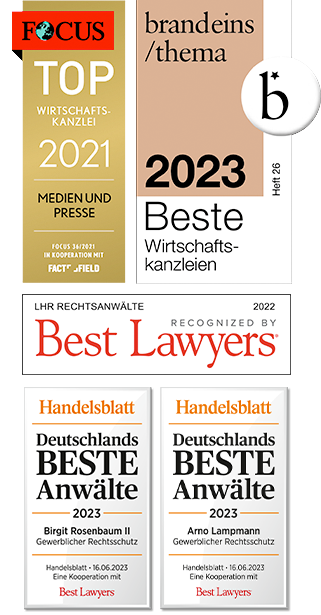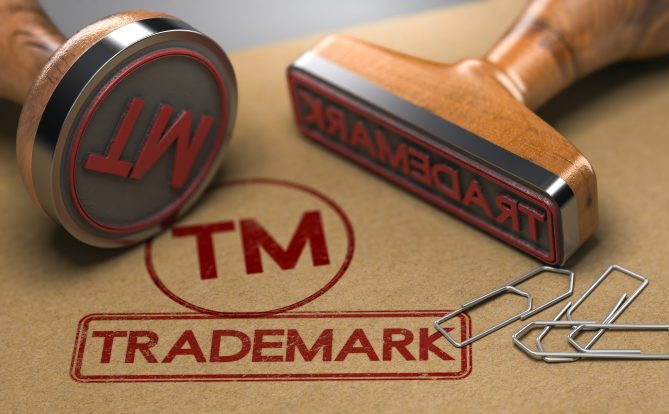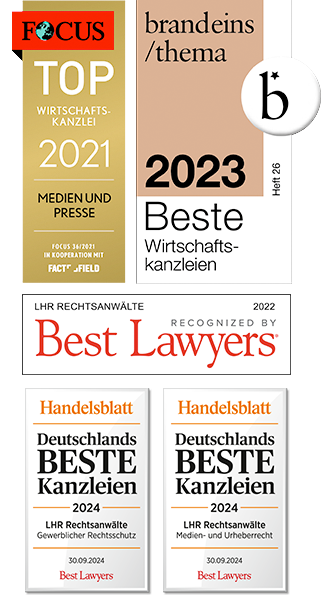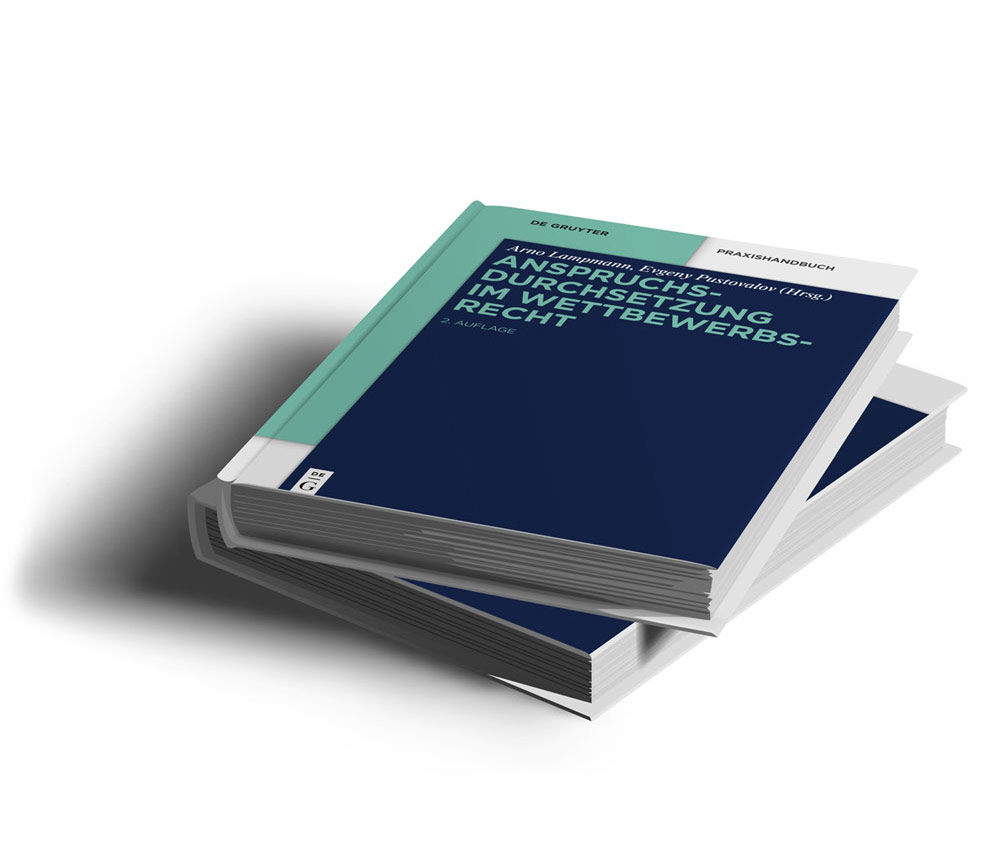LG Hamburg: Removal of software packaging not a trade mark infringement

The plaintiff was disturbed by the fact that the defendant offered the tax consultancy software it had purchased on the Internet without outer packaging and, in the event of a purchase, only sent the data carrier and the serial number certificate in specially produced environmentally friendly packaging.
The plaintiff was of the opinion that this behaviour constituted a trademark infringement. It was true that the resale of its products by the defendant was prohibited by the principle of exhaustion of trade mark rights. (§ 24MarkenG) in principle. However, it could legitimately oppose the distribution of the product on the basis of the alteration of the product by removing the packaging and certain components of the ‘box’, as the condition of the goods after they were placed on the market had been altered or deteriorated as a result.
The Hamburg Regional Court clearly rejected this view in a few words.
Apart from some procedural problems of the action, namely that the right to bring an action is doubtful and injunctive relief could be too vague or too far-reaching, the Regional Court of Hamburg pointed out in its grounds for judgement above all that the plaintiff had not argued that the outer packaging of its software even remotely fulfilled the function of enhancing the reputation of its product in comparison to competing products.
The alteration or deterioration of the packaging of a product is equivalent to the alteration or deterioration of the product. However, the alteration does not always lead to the exclusion of exhaustion, but only if it poses a risk to the reputation of the trade mark. In the present case, the changes had not reached the extent that a trade mark proprietor would no longer have to tolerate for legitimate reasons.
The decisive factor in this context is, among other things, that the plaintiff itself chooses the forms of distribution criticised by the defendant (once in a slimmed-down version in frustration-free packaging and even completely without packaging as a download).
In addition, the Regional Court points out that the legitimate grounds on the basis of which the trade mark proprietor can oppose resale in a modified form do not include its interest in setting a price. The prohibition of binding price specifications under antitrust law may also not be circumvented by means of trade mark law.
The judgement is not final and can be appealed. Disclosure: Our law firm represented the defendant.



